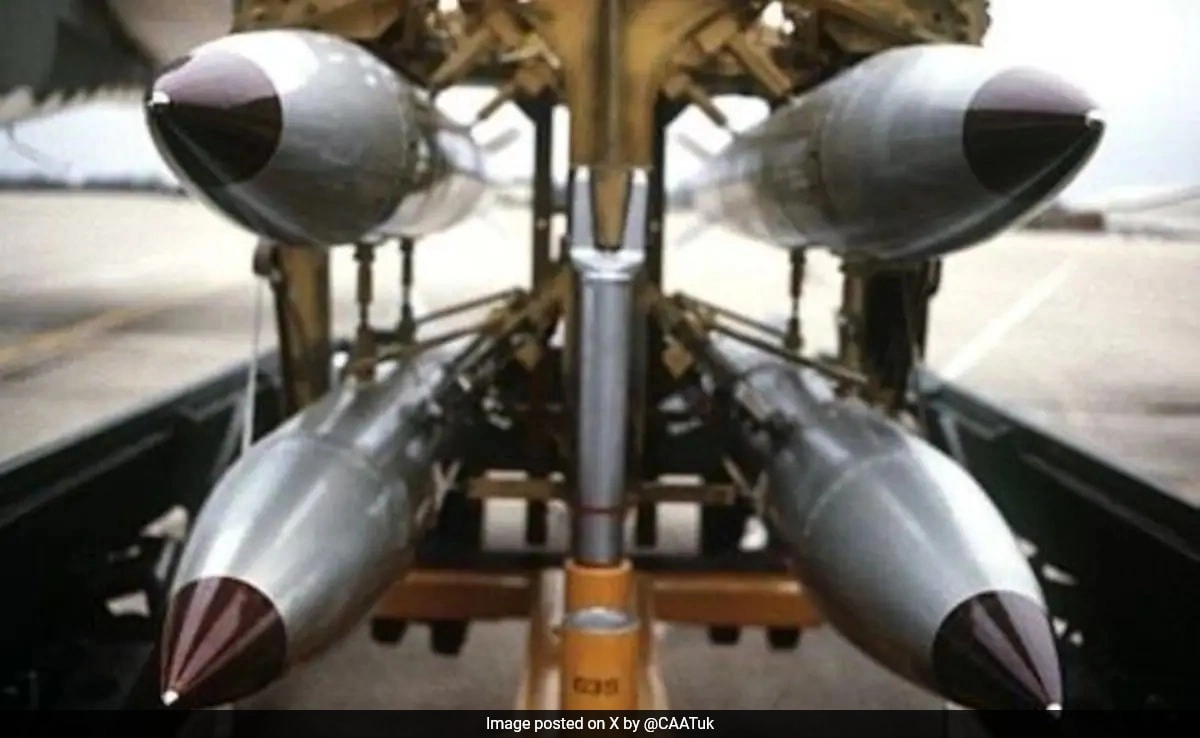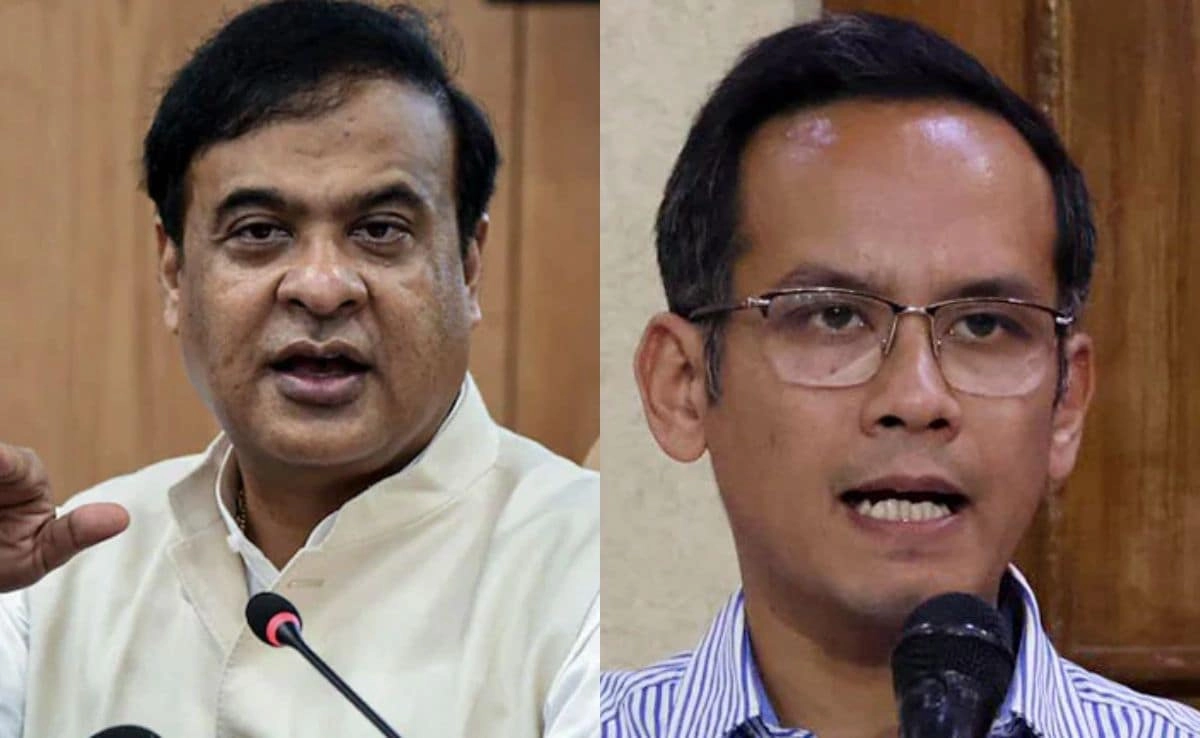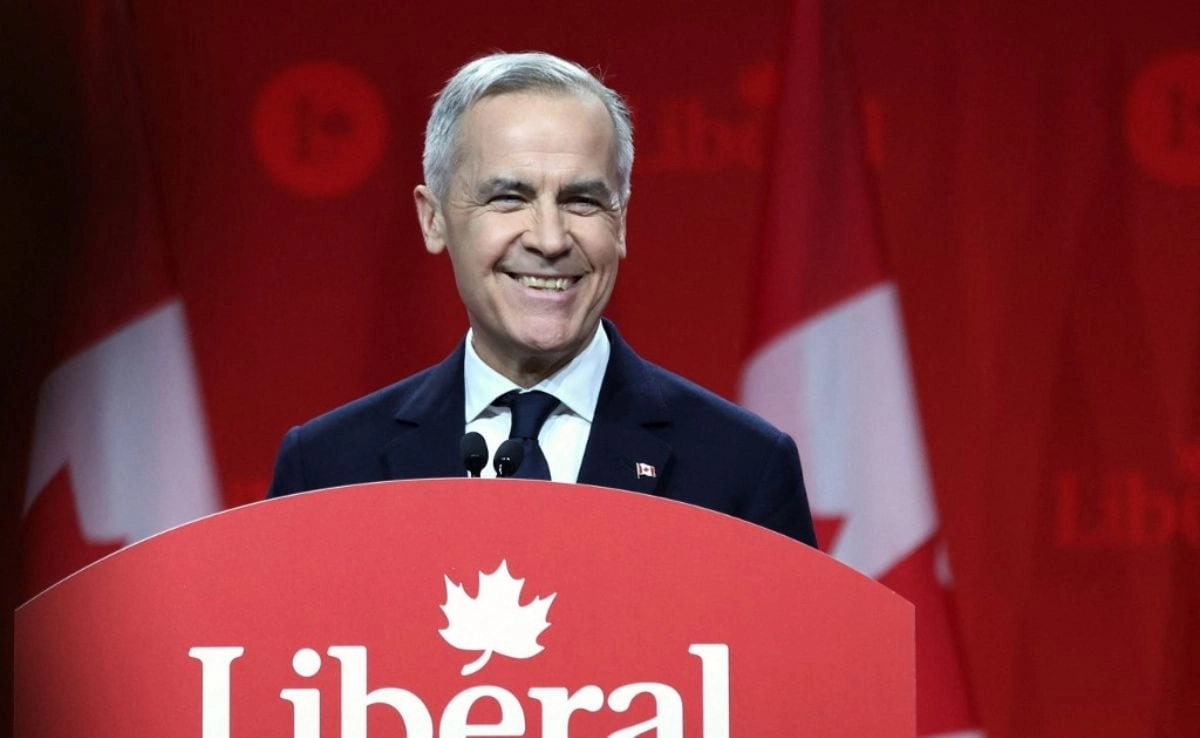Recent reports suggest that the United States has likely reintroduced nuclear weapons to the United Kingdom for the first time since 2008. This development marks a significant shift in the military dynamics between the two nations and raises questions about the broader implications for global security. The potential redeployment of nuclear arms underscores the ongoing tensions in international relations, particularly in light of geopolitical challenges posed by countries like Russia and North Korea.
The presence of U.S. nuclear weapons in the UK is not merely a symbolic gesture; it reflects a strategic response to evolving threats. With the increasing aggressiveness of Russia in Eastern Europe and the unpredictability of North Korea’s military ambitions, the U.S. and its allies are reassessing their defense postures. The decision to place nuclear weapons back on British soil is a clear indication that both countries are prioritizing deterrence as a cornerstone of their military strategy. This move could also serve as a message to adversaries about the commitment of the U.S. and the UK to mutual defense and collective security.
Furthermore, the redeployment of these weapons could have far-reaching consequences for NATO and its member states. It may prompt discussions about the strategic nuclear capabilities of other NATO allies and could lead to increased military presence in Europe. The return of U.S. nuclear weapons to the UK also raises concerns about safety, as well as the ethical implications of nuclear armament in a world that has seen the devastating effects of such weapons in the past. As the situation evolves, the international community will be closely monitoring these developments, as they could influence global nuclear policies and arms control negotiations.
In summary, the likely stationing of U.S. nuclear weapons in the UK represents a crucial moment in international military strategy. It highlights the need for continued dialogue among nations to address the underlying issues driving nuclear proliferation. As the geopolitical landscape shifts, it is imperative for global leaders to work collaboratively to ensure that the stability and security of the international order are maintained, while also striving toward disarmament and peace.




